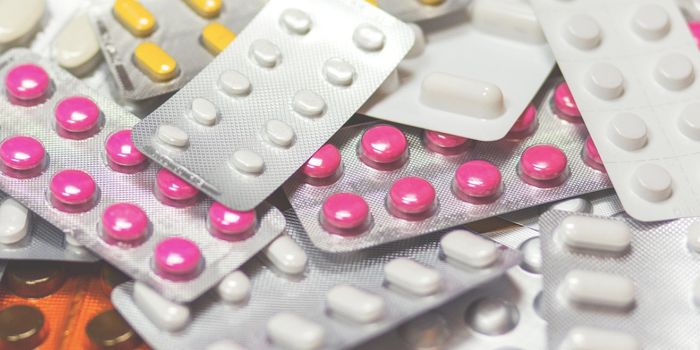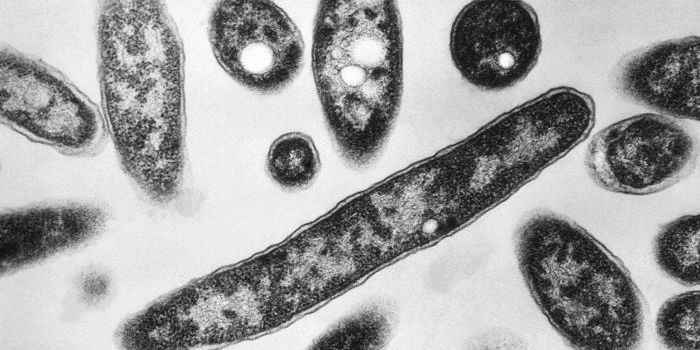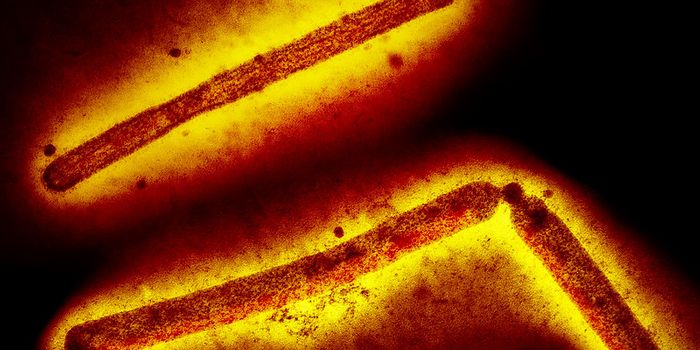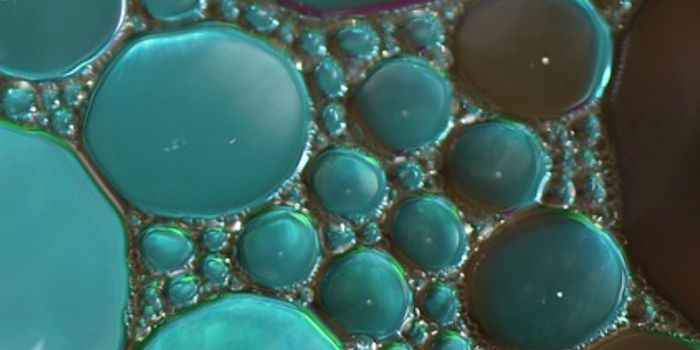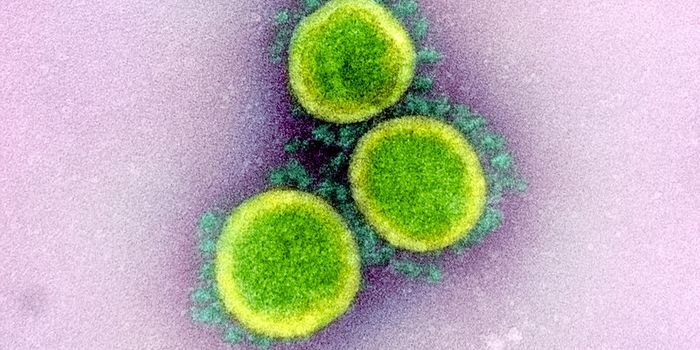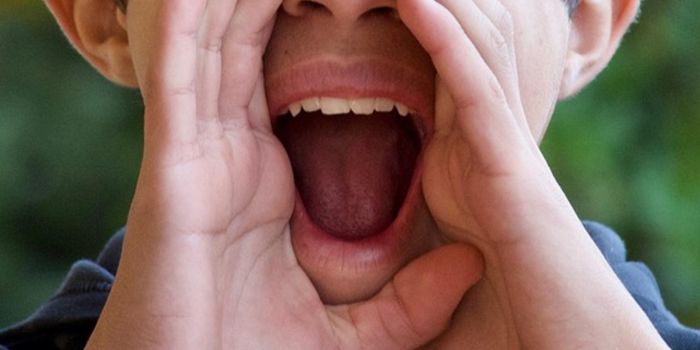Triclosan has Potent Anti-parasitic Effects
An anti-bacterial chemical used in toiletries, triclosan, has been found to interfere with two genes in the malaria parasite during essential parts of their life cycle in humans. The research, by scientists at the University of Campinas (UNICAMP) in Brazil, has shown that triclosan inhibits malaria parasites that have developed resistance to anti-malarial drugs as well. The work has been published in Scientific Reports.
Triclosan itself might be a drug candidate, or new drugs could be based on it. The compound has been used in soaps, deodorant, and toothpaste for decades and is considered safe for people (although the FDA has not yet made a conclusive determination about exactly how safe it is). It disrupts genes that are active while the malaria parasite, Plasmodium, reproduces in the liver, and when it infects red blood cells, the hepatic and erythrocyte stages, respectively.
"The compound itself could be a therapeutic option, but I believe it would be more worthwhile to develop analogous molecules with minor structural alterations that could make it even more effective against the parasite," said the co-principal investigator of the study, Elizabeth Bilsland. She is a professor in the Structural & Functional Biology Department of UNICAMP's Biology Institute.
Malaria causes the death of over half a million people worldwide every year. The vast majority of fatal cases are caused by the P. falciparum parasite; in Brazil, most cases are due to a milder strain. That parasite, P. vivax, can stay in the liver for years causing recurrent bouts of malaria and keeping the host contagious.
The drugs currently used against P. vivax malaria in the hepatic stage are not effective in about ten percent of patients, however. Those people carry a genetic mutation that causes serious side effects in response to the medications.
"The development of new drugs that can attack P. vivax in both the hepatic and erythrocytic stages is urgently needed since there are reports of parasites resistant to each of the antimalarial drugs on the market," explained Bilsland. "If there are different targets, they'll be less likely to develop drug resistance."
While it has been known that triclosan could inhibit an enzyme, FAS-II, in malaria, that was not thought to be critical for the survival of the parasite. Those tests focused on the wrong growth stage, however.
"Actually, FAS-II is only important to the parasite's survival in the hepatic stage. Now, we've shown through experiments using yeast that triclosan also inhibits the enzyme DHFR, an essential target for the erythrocytic stage of the parasite," Bilsand noted.
They discovered the second mode of action by triclosan while conducting a large screen for compounds that could inhibit Plasmodium’s DHFR enzyme.
"We've developed a method whereby we replace yeast genes with human genes or with target genes in parasites that cause diseases like malaria, Chagas, and schistosomiasis. We label our strains with different colored fluorescent proteins, so we know red is yeast with a human gene, for example, while blue stands for a Plasmodium gene, green for a Trypanosoma gene, and yellow for a Schistosoma gene," Bilsland said.
The researchers were then able to develop various modified yeast strains, eliminating the need to grow parasites in the lab, which is very difficult. The individually cultured yeast strains were treated with thousands of drugs to model the interactions between genes and the medications.
"We observed cases in which the yeast with a Plasmodium gene died and the one with a human gene survived, and in this way, we screened compounds with specific antiparasitic action. Triclosan gave the best results, with both normal and drug-resistant DHFR," Bilsland explained.
Additional testing validated the findings, even in parasites resistant to a drug known to inhibit DHFR. "We also showed that triclosan has 20 times greater affinity for the parasite's enzyme than for the human equivalent, a key feature in a candidate drug," Bilsland said.
The video above from the World Health Organization has more information about malaria.
Source: AAAS/Eurekalert! Via FAPESP, Scientific Reports


